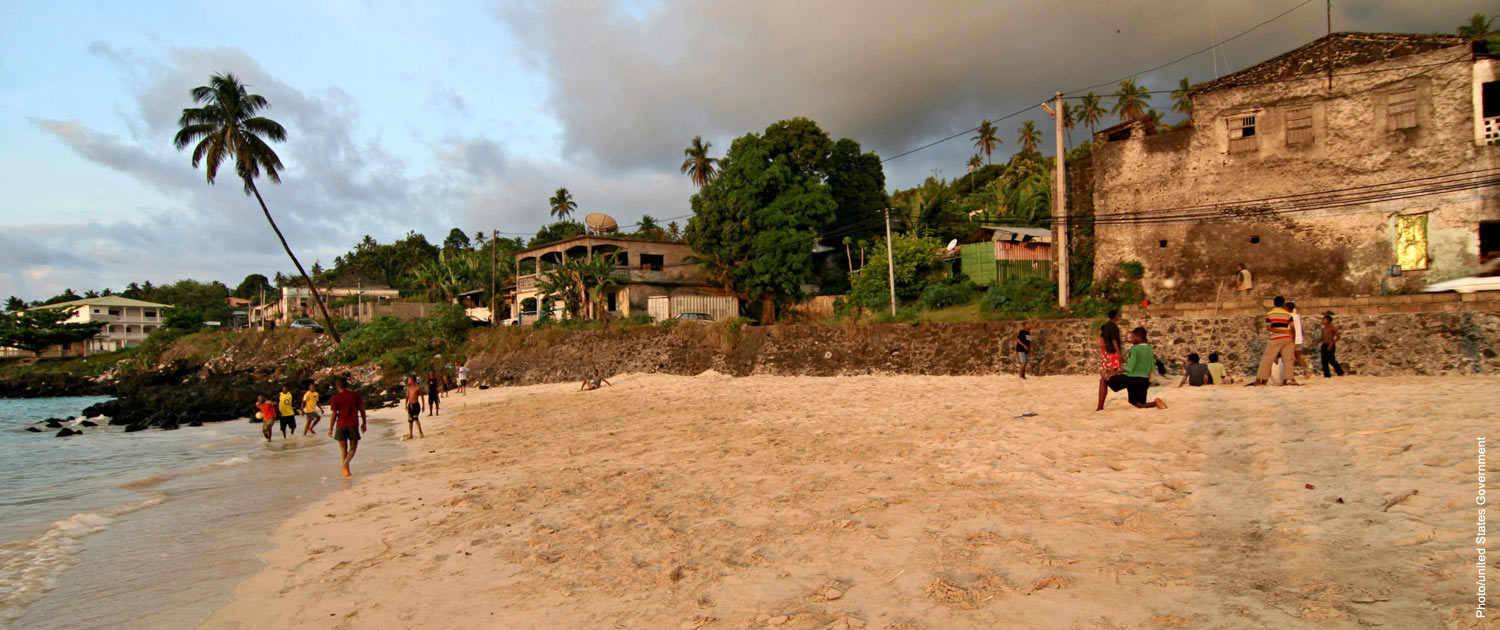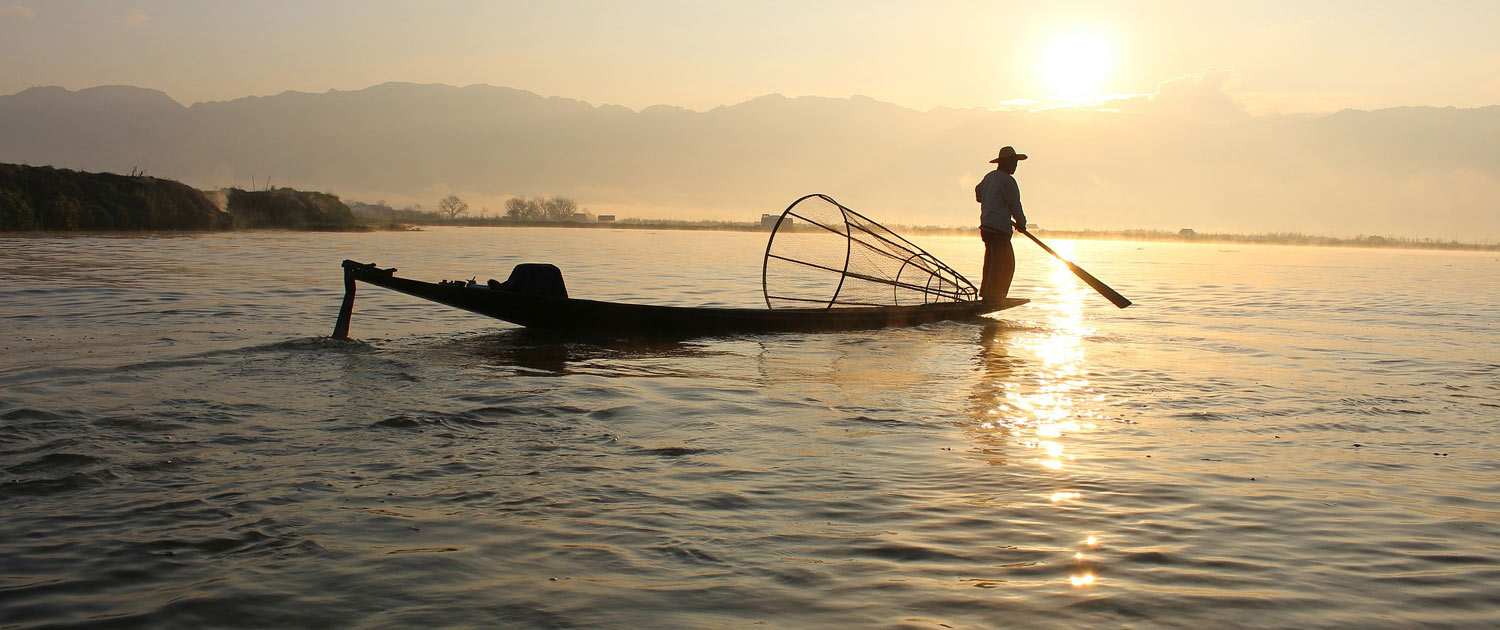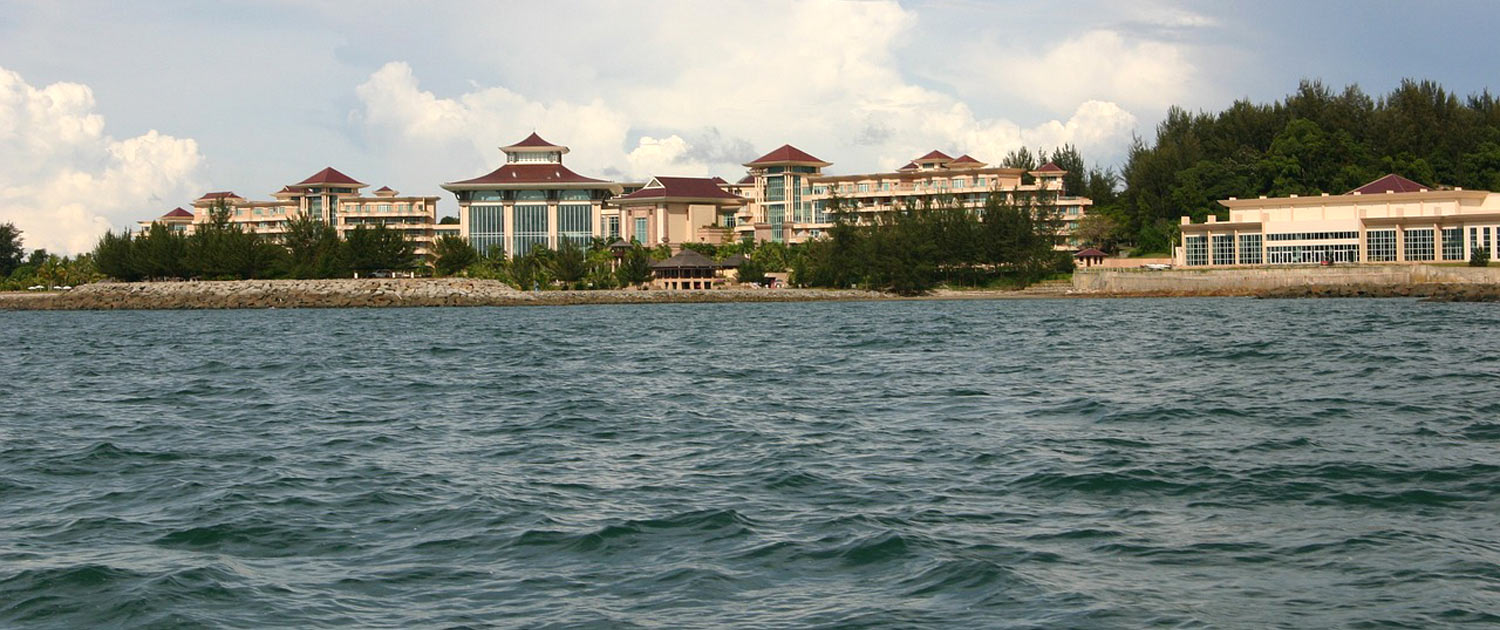
Comoros
Comoros suffers from high poverty rates and a history of internal conflict. The greatest concern, however, is a severe lack of Gospel witness. According to a constitutional referendum in 2009, Comoros is an Islamic state. The constitution also dictates that all public policies must be based on Islamic beliefs. While there are some legal provisions for religious freedom, proselytization to any religion except Islam is illegal. Laws for the prosecution of converts are in place, but it is not clear what those penalties will be. The very few who do come to Christ face discrimination from the Muslim majority (98 percent) and are pressured not to practise their faith. Foreigners are generally free to practise their religion, but if they engage in any proselytization, they can legally be expelled from the country.
Disillusioned and feeling hopeless, many youth are turning to illicit drugs and sex. Some are choosing to leave the islands entirely. Christians who are watching developments in Comoros are hoping and praying that those who leave the country will find Christ and later return to share Him in their homeland. This will most certainly result in persecution, but the fact remains that the people of Comoros desperately need Christ.





